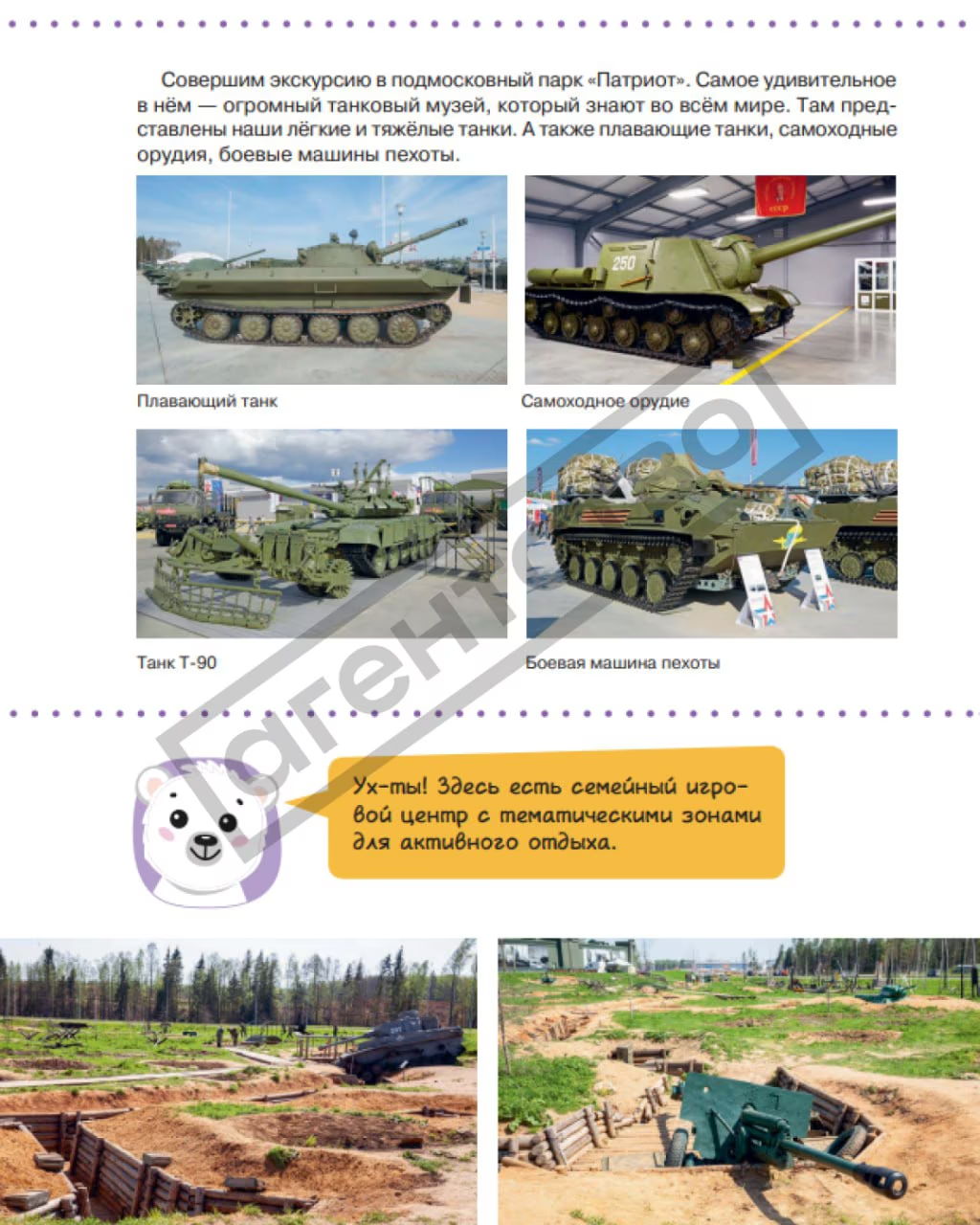On September 1, kindergartens in nearly twenty regions of Russia, as well as in the annexed parts of Donetsk, Luhansk, and Zaporizhzhia in Ukraine, launched propaganda lessons titled “Conversations About Important Things.” According to the outlet Agentstvo, preschool institutions have already received special textbooks for these extracurricular sessions. These classes have effectively become a tool of state propaganda: even before starting school, children are taught an official version of patriotism and conditioned to show loyalty to the authorities. The “Conversations About Important Things” format was previously tested in schools, where teachers deliver weekly lessons about the “special military operation” (Russia’s term for the war against Ukraine) and “love for the motherland.”


Journalists drew attention to photos from the lessons that showed the manual “Conversations About Important Things for Preschoolers,” published by AST. The book, released in 2025 with a print run of 3,000 copies, is part of the “My History” series and carries a note certifying compliance with the federal preschool education program. Its subtitle is “The World We Live In,” and the cover features captions such as “Obraztsov Puppet Theater,” “Family Day,” and “What Will the Kremlin Tell Us?” The manual presents “30 important topics” in total. Although formally introduced as educational material, the content is structured around ideological directives. Instead of a neutral introduction to the surrounding world, children are offered interpretations of events and concepts aligned with the Kremlin’s official position.


The main character of the book is a bear cub named Umka, who introduces children to different aspects of the world around them. The opening pages are devoted to the theme “Russia—My Homeland,” where the country’s vast territory is compared with that of France, Germany, and the United Kingdom.
Roughly 8% of the manual is devoted to military themes, above all Victory Day. This is a recurring motif: in the section on family, for example, several pages are dedicated to the idea of defending the Motherland. Teachers are instructed to explain to children that “the most important thing in life is to serve the Motherland.” Among other things, preschoolers are introduced to different types of armored vehicles and to the Patriot Park. One of the closing chapters focuses on Victory Day: six pages are devoted to the parade, the St. George ribbon, the eternal flame, and the “Immortal Regiment” march. The choice of topics reflects the priorities of the Russian authorities: military holidays and symbols become central content even for preschoolers. In essence, this is early militarized indoctrination, where images of hardware and parades are presented as a natural part of a child’s worldview.


The initiative to introduce “Conversations About Important Things” in kindergartens came from Vladimir Putin. He first voiced the idea in the autumn of 2024, and soon dozens of institutions began reporting that they were holding such lessons. Critics describe the initiative as direct interference in early childhood education: from the age of three, children are placed in an environment where patriotic slogans and the glorification of war are presented as fundamental values of life.
Now, as of September 2025, the project has been officially launched in pilot form for children aged three to seven in several Russian regions and in occupied Ukrainian territories. By the end of the year, the authorities plan to decide whether to extend the practice to all state-run kindergartens.
In schools, “Conversations About Important Things” have been held since 2022—once a week before the first lesson. According to guidelines from the Ministry of Education, schoolchildren are taught about patriotism and “love for the Motherland,” and from the fifth grade onward—about the “special military operation,” Russia’s official term for the war against Ukraine.